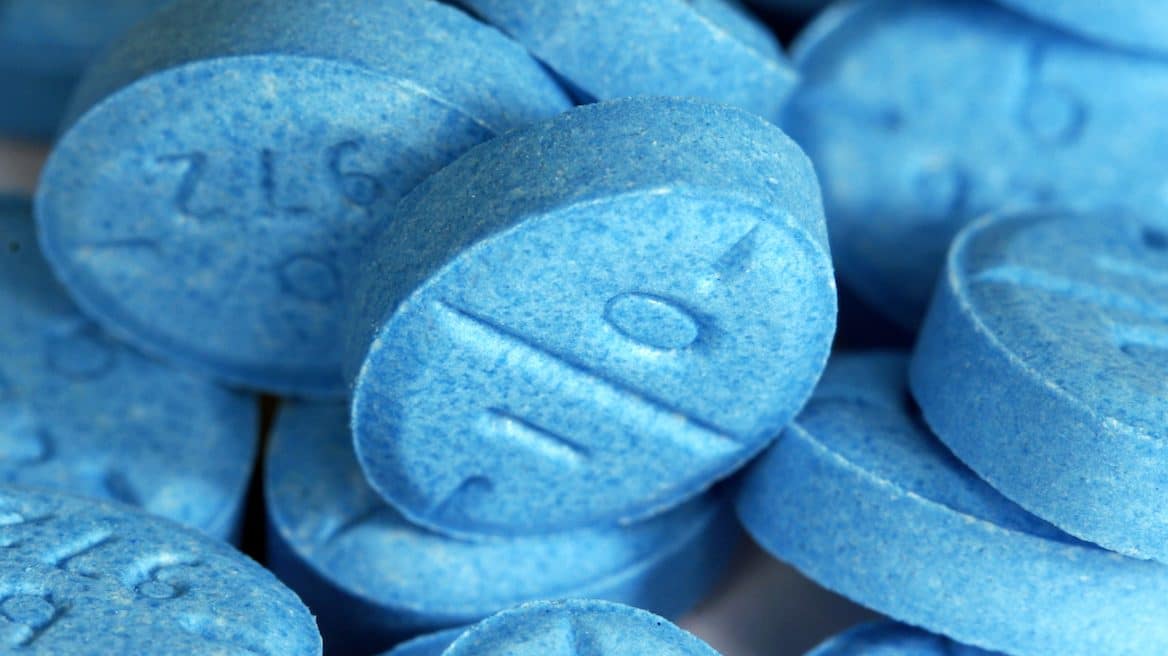Table of Contents
All too commonly, Adderall is utilized by college students, young professionals, or athletes to increase alertness and productivity. This medication even has a reputation among the youthful population as a helpful study aid. By taking this medication they hope to boost energy, increase focus, and improve stamina.
To many young professionals and college students, this drug seems like the best option for late-night cramming for exams. To others it’s about boosting energy to be more productive after work hours. Consequently, Adderall is increasingly being abused on college campuses. Possibly even reaching an epidemic-size drug crisis if the numbers continue to rise.
Many people think it’s relatively harmless. Especially because Adderall is a prescription drug. It’s prescribed by doctors to children with ADHD (attention deficit hyperactivity disorder).
The unfortunate reality is that Adderall is extremely dangerous to the user, especially when taken more than prescribed or used recreationally. This medication’s addictive nature has a similar stimulant effect to methamphetamine. Adderall’s extremely potent stimulant effect can even lead to potentially deadly side effects for the user.
It’s important to know that taking Adderall without a doctor’s prescription can be risky. Before using it for reasons other than what a doctor suggests, it’s crucial to understand the dangers of substance abuse. To know what the potential long-term side effects are, and the discomfort of withdrawal when trying to stop using it.
If you’re already dealing with Adderall addiction or substance use disorders, it’s important to find the right treatment center. This will help you safely detox from Adderall and increase your chances of achieving long-term sobriety.
Long-Term Effects of Adderall Addiction
Adderall increases the dopamine and norepinephrine levels in the central nervous system. Dopamine, the “feel good” neurotransmitter in the brain, creates a pleasure/rewarding sensation for the user. On the other hand, norepinephrine affects how the brain responds to external stimuli.
Particularly with how well it pays attention and how fast it responds to the environment. With the increase in both neurotransmitters, the user is at increased risk of developing an addiction.
As previously mentioned, many people assume Adderall is safe because children often take it with ADHD. However, this could not be further from the truth, especially when Adderall is abused recreationally. Adderall is an amphetamine, and amphetamines are highly addictive substances.
The side effects of abusing such drugs can be extremely dangerous to the user. Overdose can lead to heart attack, stroke, and liver failure. Furthermore, if taken with other substances, like alcohol, the user’s chance of fatality increases significantly.
Initially, Adderall has short-term side effects such as:
- Anxiety
- Constipation
- Dry mouth
- Nausea
- Restlessness
- Digestive issues
- Loss of appetite
- Breathing difficulties
- Loss of motivation
- Disturbed sleeping patterns
- Racing heart
- Lethargy
Potential long-term effects can cause the brain’s chemical equilibrium to be severely disrupted.
The side effects of long term Adderall use include medical conditions such as:
- Paranoia
- Manic episodes
- Severe weight loss
- Chronic respiratory distress
- Vision problems
- Skin problems (hives, rashes, blisters)
- Dizziness
- Heart attack
- High blood pressure
- Unprovoked and uncharacteristic aggressiveness
- Hallucinations
- Stroke
- Seizures
- Death from overdose or combining it with other substances, like alcohol or opioids
Because an untreated addiction to Adderall is life-threatening, it must be approached as a serious matter. As such, if you or a loved one is suffering from an addiction to Adderall, seek professional medical help immediately. It’s necessary to prevent these life-threatening conditions.
Withdrawal Symptoms and Long-Term Adderall Abuse Effects
Using Adderall for prolonged periods can cause a dependence on the medication. This is because the brain stops functioning normally and loses its ability to manufacture neurotransmitters independently. This forces the user to take more Adderall to feel “functional.” Unfortunately, as the user increases the dosage on Adderall, withdrawal symptoms from detoxing from Adderall become more intense and possibly severe.
Some common Adderall withdrawal symptoms include:
- Depression, irritability, or mood swings
- Difficulty sleeping/insomnia
- Lethargy/fatigue
- Nausea
- Stomach cramps
- Vomiting
- Feeling intoxicated or hungover
Withdrawal symptoms typically appear a day or two after the last dosage of Adderall was taken. These may last a few days to several weeks depending on the severity of the addiction (how much was abused and for how long). Other factors such as your genetic composition, health history, and family history of addiction can determine how intense withdrawal symptoms are.
It’s important not to try to detox off Adderall “cold turkey” or independently. Seek help from a trained medical professional. Furthermore, psychological withdrawal symptoms, including depression and mood swings, may last significantly longer.
If you’re going through detox, it’s crucial to get support from a therapist who specializes in addiction. Especially if you’re having suicidal thoughts. They can provide the help you need during this tough time.
Getting Help with the Withdrawal Symptoms from Long-Term Adderall Addiction
Adderall abuse is extremely dangerous. To safely detox from it, you should seek help. This help can come from a medical professional or through inpatient or intensive outpatient drug rehab.
Proper guidance and care are essential when quitting the medication. Going to an inpatient or intensive outpatient drug facility is important. It helps the user safely detox from Adderall and prevents severe withdrawal symptoms.
If someone has a history of drug abuse or a severe addiction to Adderall, the best choice is often an inpatient drug rehab facility. This option provides the most support and care in a controlled environment. It offers a safe, temptation-free environment without outside distractions and influences.
Moreover, going to a drug rehab facility with addiction-specialist therapists and 12-step meetings improves the chances of long-term sobriety. They help tackle the reasons behind Adderall abuse. This is vital to prevent unhealthy coping methods after treatment and to establish healthier ones instead.
The time to get help is now. Please do not delay seeking treatment if you or a loved one suffers from an addiction to Adderall. The sooner treatment is sought, the sooner the path to recovery can begin. So if you or your loved one are seeking detox, or inpatient rehab, reach out today. A friendly enrollment advisor can guide you to the drug-free life you’ve always dreamed about.
Sources:
Infinite Recovery has strict sourcing guidelines and relies on peer-reviewed studies, academic research institutions, and medical associations for our references. We avoid using tertiary references as our sources. You can learn more about how we source our references by reading our editorial guidelines and medical review policy.
Web MD. Adderall Oral: Uses, Side Effects, Interactions, Pictures, Warnings & Dosing – WebMD. Accessed June 24, 2022.
https://www.webmd.com/drugs/2/drug-63163/adderall-oral/details
Durbin K. Adderall: Uses, Dosage, Side Effects & Safety Info. Drugs.com. Published May 23, 2022. Accessed June 24, 2022. https://www.drugs.com/adderall.html
Osborn CO. How Long Does Withdrawal From Adderall Last? Verywell Mind. Published July 30, 2021. Accessed June 24, 2022.
https://www.verywellmind.com/adderall-withdrawal-symptoms-timeline-and-treatment-4177486
















